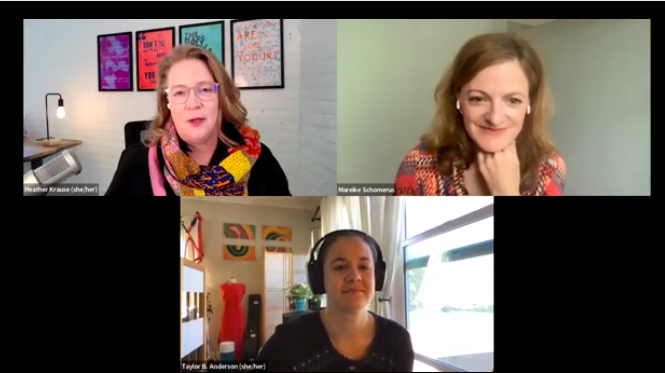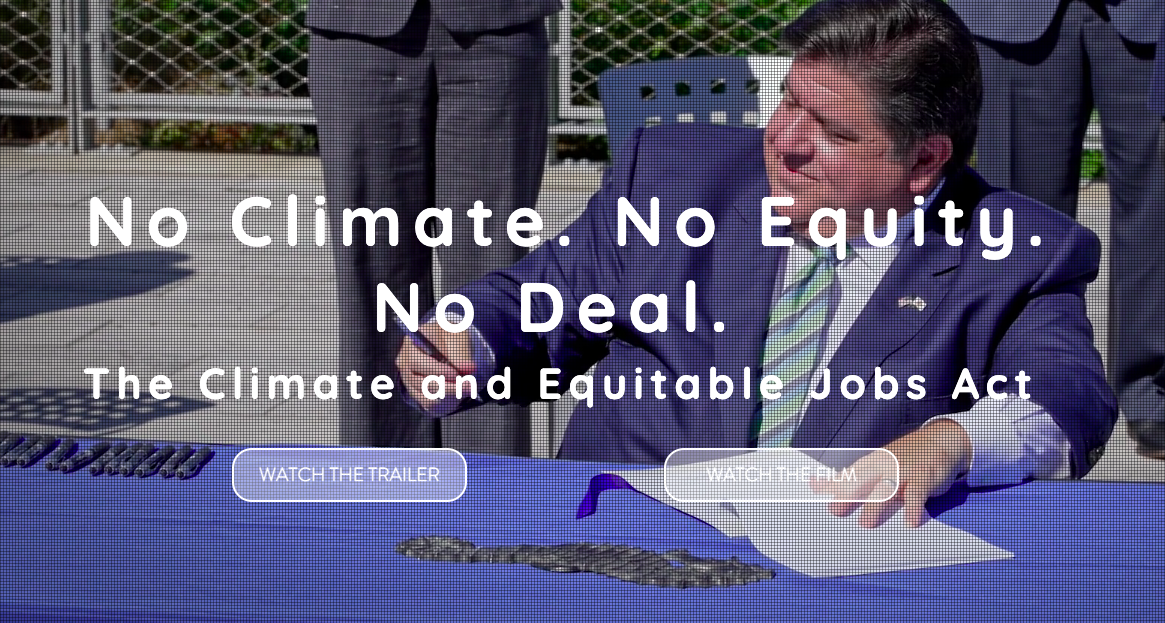Resources
Search below for resources covering the intersection of climate engagement, social science and data analytics.
RESULTS
Growing the Grassroots: How we can strengthen our movements through the power of place
Investing in local organizing is the most important way to build movement power—and it must be linked to influencing national politics. Alongside investment in organizing we need to see support for storytelling and strategic communications work, insight and evaluation and the generation of irresistible ideas that can shift whole systems and paradigms as well as change policy and practice in the medium term. Organizing has the following crucial benefits: provides people with a safe framework to meet other people across the community and to work together with them; gives people an opportunity to engage in political life in a way that other organizations don’t; develops skills and gives local people a chance to learn; and enables people to take part in a range of campaigns on regularization for irregular migrants, properly affordable housing, better community safety and access to living-wage jobs, among others. Movements that win: have the necessary infrastructure to support activity to happen at key moments, allowing them to prepare for and harness external events; are a well-developed ecosystem; and are cultivated over a long period of time and ready to be activated when opportunities arise. This report is focused on the UK but carries parallel lessons for the US.
Practice, Practice, Practice
To build stronger movements, we need to build up our ambition, be strategic in our discipline, and lead with the process. Movement groups need to center “antimonopoly” thinking and action. These authors work for the organization Liberation in a Generations, which is committed to bringing grassroots organizers of color to the forefront of the antimonopoly movement, especially in policymaking, advocacy, and narrative change. Ambition is a practice, just as — to borrow from Mariame Kaba — “hope is a discipline.” Sometimes we need to hold tight, to execute the strategies and best practices that we know are most likely to lead to winning campaigns; but other times, we need to let go and reach for something else, something that speaks to our ideals — and which might work or might land us on our asses. Process should always put the people with the least positional power first.
‘Fairness’ in UK climate advocacy: a user’s guide
Ensure fairness is embedded in campaign planning and development. Find out whether your campaign messages will be perceived as fair, and by whom. Call for local and national governments to give people a meaningful say in how policies are designed and who they benefit. Don’t duck the difficulties that some people may face during the transition, but ‘pass the mic’ to trusted messengers who can reach audiences and communities that activists cannot. Ground communications in commonly held views that the less well-off should pay less, and future generations matter. Present the potential for the climate transition to act as a counter to the unfairness of life in Britain today. Be aware that the public does not instinctively share the same sense of deep unfairness that drives climate justice campaigners. Position accelerated action and leadership as something we should be proud of, no matter what countries like China or India are doing. This advice comes from climate research in the United Kingdom.
Talking Data Equity with Dr. Mareike Schomerus
Any kind of data may be less objectively interpretable than it may seem. Scientific processes and “facts” have always been created by humans who exist in power structures and have biases. Creating quantitative data that cover an entire population is a good step toward capturing relevant evidence about all groups, but we should still be careful to understand the biases we use to interpret data points and categories they’re put in. Dr. Mareike Schomerus is Vice President at the Busara Center in Nairobi. In this video, she shares her experiences with practical ways to design research and use data in ways that are both good science as well as grounded in local reality.
There are a handful of key ways to counter ableism in the workplace. Many ableist practices are rooted in capitalist standards of “productivity” and work, and they are rampant in many organizations, even among social justice groups. Ways to begin countering common ableist practices include: create a justice environment to challenge areas of ableism and white supremacy culture; build flexible work policies and practices; make access to accommodations easy; eliminate high-paced working demands; improve workplace culture to avoid exploitation and increase satisfaction among all employees; implement more than the law defines; invest in accessibility along with other Diversity, Equity, and Inclusion efforts; and center the experiences of people with disabilities in workplace accessibility decisions. This 41-page report describes the causes of ableism in the workplace and further breaks down this list of solutions.
Strategy Charts & Power Maps: A User Guide
Take the time to think through the strategy of your campaign before you launch. This guide provides a series of tools for campaign strategic planning, including power mapping, points of intervention, and target identification. It pulls from various strategy frameworks including SMART Objectives, SWOT analysis, and the strategy chart from Midwest Academy.
Tipsheet: 5 Evidence-Based Insights for Building Organizational Advocacy Power
Power can be measured by the extent to which a group can use its influence to get advocates to take action. Organizational advocacy power is about your ability to influence the behavior of others inside and outside your organization. This tipsheet will walk you through 5 key evidence-based insights for building strong, durable organizational advocacy power so you can create an organizing culture that is rooted in volunteer retention, justice and equity, and a clear vision of the future you want realized.
Our Organizing Must Match the Structure of Our Target
Understanding the geography and profit-making process of any big corporation are essential to organizing against it. In the case of organizing against Amazon, it has certainly been strategic to organize labor union(s) at the traditional worker level. However, there have also been labor-community alliances built to organize against Amazon, given the way that the megacorporation affects communities beyond its own workers, by its supports of the carceral state and deportation machine, contributions to climate change, and its role in gentrification. The many different people and groups (especially based on where they are located geographically and their role in the economy) impacted by any bad actor (in this case, Amazon) are where any organizing opportunities exist. And understanding the “value chain” of any target (like Amazon) is necessary to understanding what leverage any organized group of people can have. This article details some cases of groups and coalitions building power against Amazon.
Unfencing The Future: Voices On How Indigenous and Non-Indigenous People and Organizations Can Work Together Toward Environmental and Conservation Goals
This resource showcases entry points for those interested in working with Indigenous communities or strengthening existing work. The goal of this project was to inform and support non-Indigenous conservation groups and conservation and environmental funders’ staff and boards working with Indigenous communities. Recognizing that when we need to learn new information, we often seek out others we know who have undergone similar learning, this guide attempts to recount different journeys taken by organizations and staff. There are two general paths: the journeys of non-Indigenous organizations and funders to work with Indigenous communities or governments and the journeys of Indigenous people, non-profits, and government employees to work with non-Indigenous environmental and conversation organizations and/or funders. Each participant reviewed their organization’s draft for accuracy and clarity, with many providing content.
The Climate and Equitable Jobs Act film
In 2021, the Illinois Climate and Equitable Jobs Act (CEJA) was signed into law. This is the story of how a grassroots coalition helped pass the most equitable climate legislation in the country through years of organizing, advocacy, and centering the communities most impacted by climate change. This film features activists, politicians, residents, and others illustrating this climate justice success story.
Pagination
- Previous page
- Page 4
- Next page








